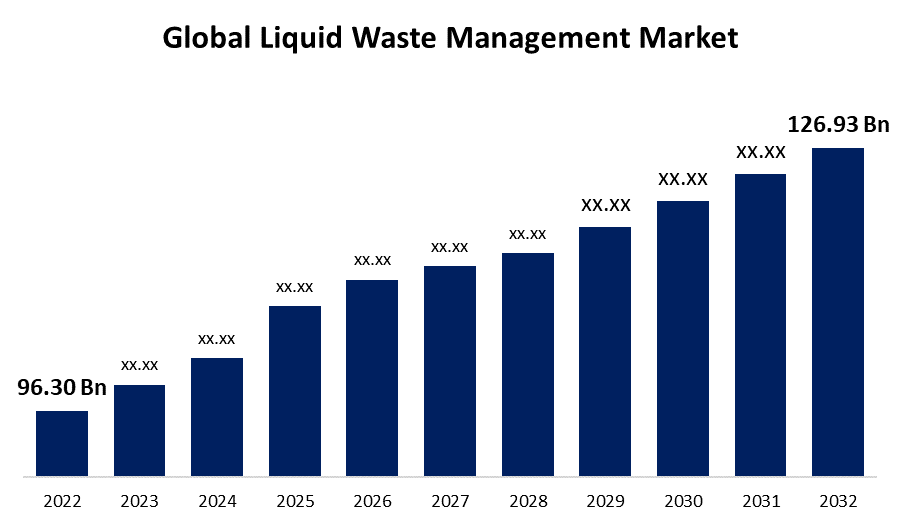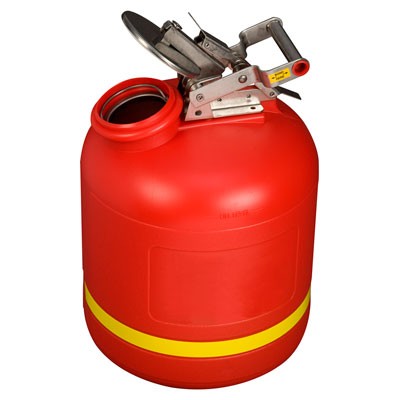Expert Liquid Waste Removal Melbourne: Maintaining Your Setting Tidy
Expert Liquid Waste Removal Melbourne: Maintaining Your Setting Tidy
Blog Article
Recognizing the Comprehensive Process of Fluid Waste Disposal: Best Practices and Environmental Effect Factors To Consider
The administration of liquid garbage disposal is a diverse issue that calls for an extensive understanding of numerous best practices and their connected ecological effects. From the sorts of liquid waste produced to the approaches used for collection, treatment, and last disposal, each step plays a crucial role in safeguarding ecosystems and public wellness. As governing criteria progress and modern technology breakthroughs, the discussion around these processes ends up being increasingly important. What implications do these adjustments hold for future sustainability initiatives, and exactly how can stakeholders make sure that they are adequately attended to?
Sorts Of Liquid Waste
Understanding the different kinds of liquid waste is crucial for effective administration and disposal practices. Liquid waste can be extensively categorized into several types, each needing unique handling and therapy strategies.
Industrial fluid waste often has harmful materials, consisting of heavy steels, solvents, and chemicals, produced during producing processes. These wastes demand rigorous governing compliance to safeguard human wellness and the environment. Domestic liquid waste mainly describes wastewater created from houses, consisting of sewage and greywater, which, although much less hazardous, can still posture considerable threats if incorrectly managed.
Agricultural fluid waste, consisting of runoff from ranches, typically contains plant foods and chemicals that can bring about ecological destruction otherwise treated adequately. Medical fluid waste, created from health care centers, includes polluted fluids such as physical fluids and chemicals, requiring specialized disposal methods to stop infection and ecological contamination.
Last but not least, oil and grease waste, typically generated by restaurants and automobile markets, can create serious clogs in sewer systems if not taken care of effectively. Understanding these classifications promotes targeted methods for treatment, conformity with guidelines, and reliable disposal techniques, inevitably promoting environmental sustainability and public health and wellness safety and security.

Collection Methods
Reliable collection methods are critical for the correct management of fluid waste, ensuring that it is gathered safely and efficiently before therapy or disposal. Numerous methods are employed depending upon the type of liquid waste generated, the volume, and the certain characteristics of the waste.
One usual method is the usage of devoted collection storage tanks or sumps, which are made to capture liquid waste at the resource. These systems typically include pumps that help with the transfer of waste to larger storage space containers or therapy facilities. Furthermore, mobile collection devices furnished with vacuum modern technology are employed in scenarios where waste is created periodically or in hard-to-reach areas.
For commercial setups, closed-loop systems can efficiently reduce spills and leaks, permitting for the recuperation and reuse of liquid waste. It is also essential to train workers on appropriate collection methods to minimize dangers connected with unsafe compounds.
In addition, carrying out routine upkeep routines for collection devices makes sure optimum performance and safety. The integration of innovative tracking systems can improve collection performance by supplying real-time data on waste degrees and possible threats. Generally, effective collection techniques are fundamental to lasting liquid waste administration methods.
Treatment Processes
Treatment processes play an important role in the administration of fluid waste, changing possibly dangerous materials right into recyclable resources or safe effluents - liquid waste disposal. These processes can be broadly classified right into physical, chemical, and organic techniques, each customized to attend to certain contaminants present in the waste stream
Physical therapy techniques, such as sedimentation and filtering, work by eliminating suspended solids and particle matter. These techniques are typically the primary step in the treatment chain, effectively reducing the load on succeeding procedures. Chemical treatments entail making use of reagents to neutralize harmful materials, precipitate heavy steels, or oxidize natural contaminants, thereby boosting the security of the effluent.
Biological treatment procedures, including triggered sludge systems and anaerobic food digestion, take advantage of the all-natural capabilities of microorganisms to weaken organic issue. These approaches are especially efficient for wastewater containing naturally degradable pollutants. Advanced therapy innovations, such as membrane layer purification and advanced oxidation processes, are significantly used to achieve higher levels of filtration.
Integrating a mix of these treatment techniques not just makes certain compliance with regulative requirements yet additionally promotes ecological sustainability by recovering important resources from fluid waste.
Disposal Options
How can companies ensure the risk-free and liable disposal of liquid waste? Efficient disposal choices are essential for protecting public health and the setting. The main techniques include land treatment, incineration, and disposal adhered to by discharge into community wastewater systems.
Land disposal involves the mindful control of try this out fluid waste in assigned garbage dumps, making sure that it does not seep into bordering dirt or water. Incineration, see here now on the other hand, topics liquid waste to heats, converting it right into ash and gases, which call for correct purification to decrease discharges. This technique is appropriate for unsafe wastes that can not be dealt with via standard ways.
In situations where liquid waste can be dealt with, companies may opt for biological or chemical therapy procedures to counteract dangerous components before discharging the treated effluent into metropolitan systems. This path usually aligns with regulative needs, making certain that the effluent meets safety standards.
Inevitably, companies should perform detailed analyses of each disposal alternative to identify its practicality, considering aspects such as waste composition, governing compliance, and prospective risks to wellness and the environment. By choosing suitable disposal methods, organizations can add to a liable waste administration technique.
Ecological Effect
The environmental influence of liquid waste disposal is an essential consideration for organizations seeking to reduce their eco-friendly impact. Additionally, the discharge of unattended or inadequately treated waste into surface area waters can visit this page result in eutrophication, leading to oxygen exhaustion and the succeeding death of fish and various other microorganisms.

To minimize these influences, organizations should take on ideal techniques such as carrying out strenuous waste therapy procedures, promoting recycling and reuse, and adhering to regulative standards. By taking a proactive method to liquid waste management, entities can significantly lower their environmental impact while sustaining lasting growth objectives. Ultimately, a detailed understanding of the ecological impacts linked with liquid garbage disposal is essential for informed decision-making and responsible stewardship of natural deposits.
Verdict
Reliable management of fluid waste is vital for protecting environmental honesty and public health and wellness. Inevitably, a detailed understanding of fluid waste disposal not only reduces ecological impacts however additionally cultivates a commitment to accountable resource management and environmental stewardship.
The monitoring of fluid waste disposal is a multifaceted concern that needs a thorough understanding of different best practices and their connected ecological impacts. From the kinds of liquid waste generated to the methods utilized for collection, treatment, and last disposal, each step plays a vital duty in protecting ecosystems and public health and wellness.The ecological influence of fluid waste disposal is an important factor to consider for companies looking for to decrease their eco-friendly impact. Eventually, a detailed understanding of the environmental impacts associated with liquid waste disposal is essential for notified decision-making and accountable stewardship of all-natural sources.
Inevitably, a comprehensive understanding of liquid waste disposal not only alleviates environmental impacts but likewise promotes a commitment to responsible source administration and environmental stewardship.
Report this page